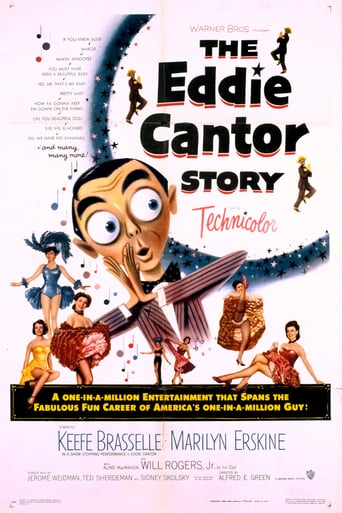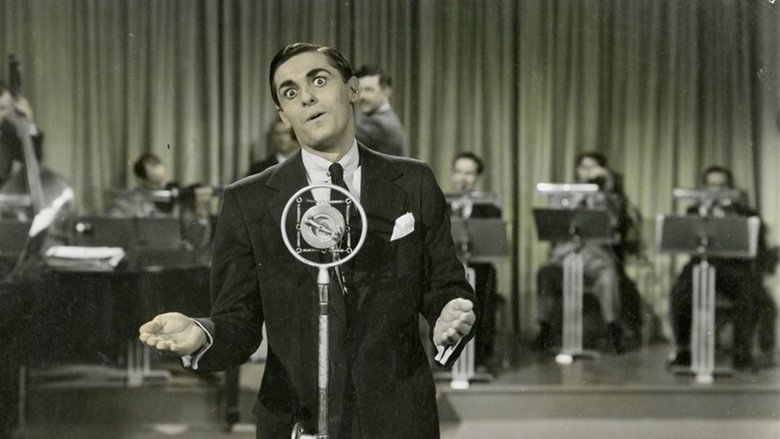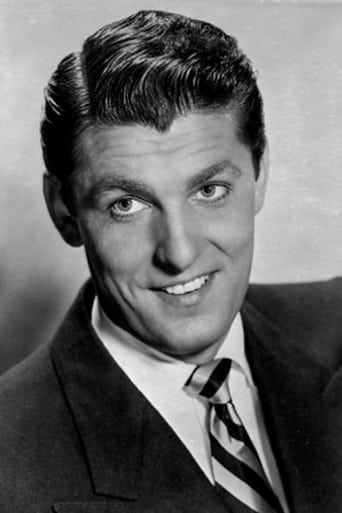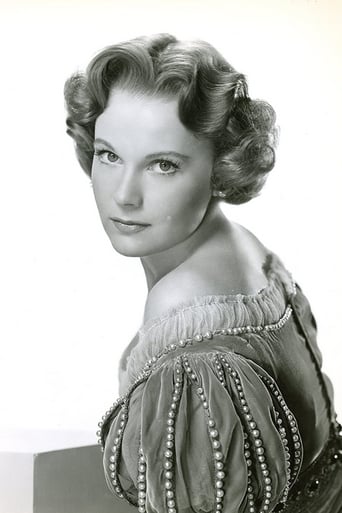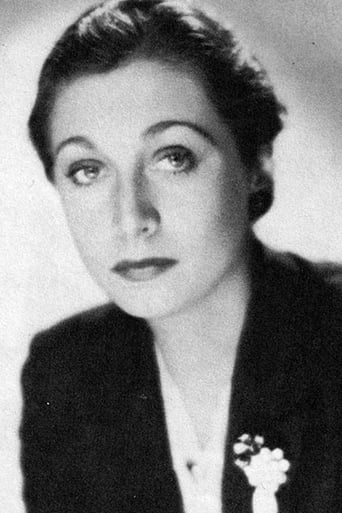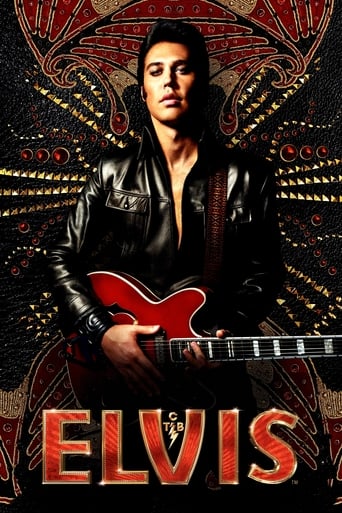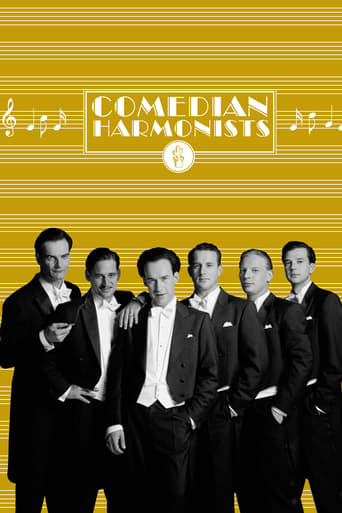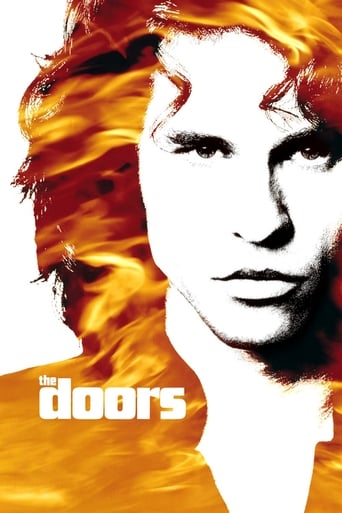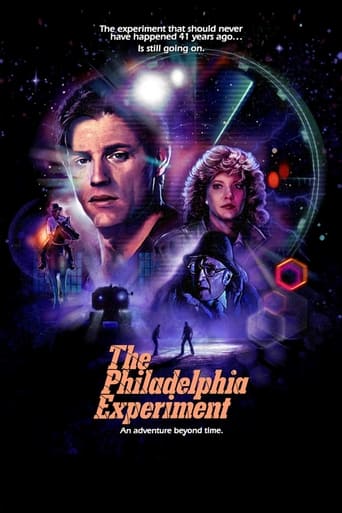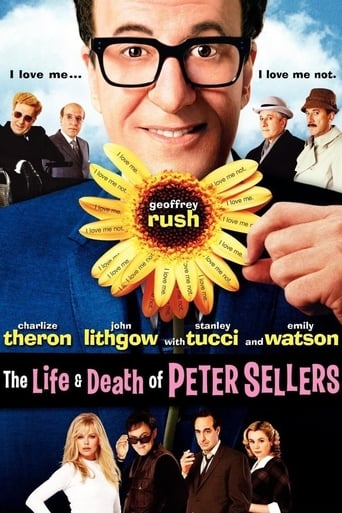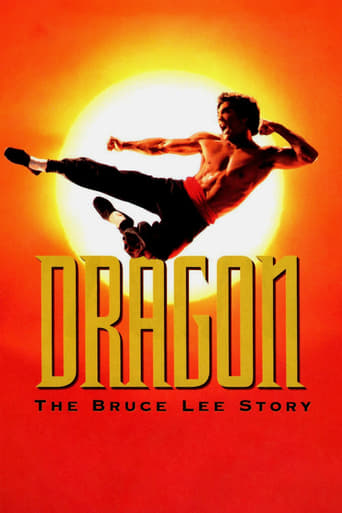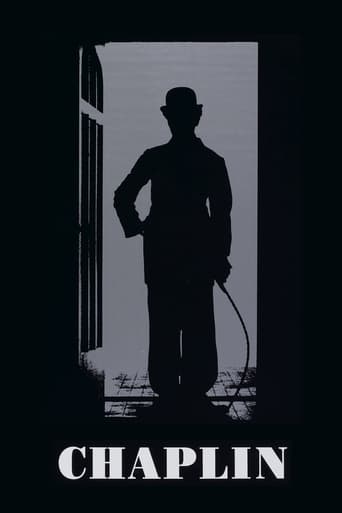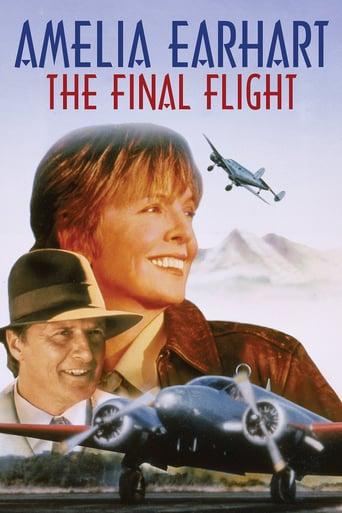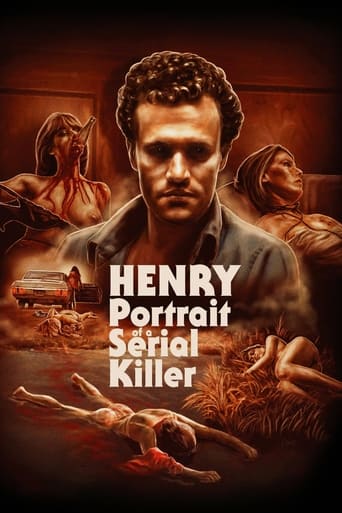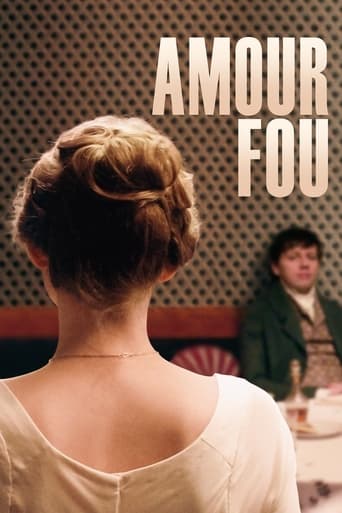The Eddie Cantor Story (1953)
Film biography of entertainer Eddie Cantor, with Keefe Brasselle starring as the popular stage, radio and movie comic.
Watch Trailer
Free Trial Channels
Cast


Similar titles
Reviews
Absolutely Fantastic
The movie is made so realistic it has a lot of that WoW feeling at the right moments and never tooo over the top. the suspense is done so well and the emotion is felt. Very well put together with the music and all.
One of the best movies of the year! Incredible from the beginning to the end.
A movie that not only functions as a solid scarefest but a razor-sharp satire.
I don't know where to begin except with George Burns quote on this movie "They managed to make Eddie Cantor's life look boring". From the misconceptions (he is called Eddie at age 13 in the movie wen in fact, he didn't change his name to this until he was 21.) as well as the very bad Jimmy Durante imitation that seemed like something out of a Saturday Night Live sketch (replete with the fake putty nose that looks even faker with a big screen high def TV). I couldn't get into the movie because of Keefe Brasselle's crazy eye rolling at the most inopportune times. I finally got through the movie thinking "Here's two hours of my life that I'll never get back". Eddie Cantor had a much more interesting life than what was shown here from his work with the March of Dimes as well as his film work, which was never even mentioned!!! Hopefully someone will do a much better biography on his life one day.
Aline MacMahon proved that you didn't have to be Jewish to nail such a role in the film. As Grandma Esther, she was quite good with a wonderful inflection and accent for a Jewish woman with wisdom to match. As for Keefe Braselle, he did well in the part but was constantly rolling those eyes to everyone. It was as if he were being forced into his part and you get the impression that he doesn't take on the Cantor persona. Marilyn Erskine, as Ida, looked as much Jewish as the pope's sister.Film deals with a young Cantor left with no parents and living with an aged grandmother who made it big in show business, but was an habitual worker which would lead to health problems. Film showed that Cantor could have gone the wrong way in life had it not been for a youth organization. The music numbers were marvelously staged.
While the real life Eddie Cantor is seen going into a screening room at Warner Brothers to watch this movie with his beloved wife Ida, you sort of have to wonder what he really thought about it. The story and songs are there, but it is really an imitation of his life with a poorly cast Keefe Brasselle in the title role. He's sort of creepy for the most part with enlarged eyes that seem to parody Cantor rather than portray him, and even without the eyes, he really doesn't resemble Cantor, with a speaking voice too shrill to match Cantor's real voice for those of us familiar with the real deal.What starts off as "The Bowery Boys Meet Banjo Eyes" turns into "Cantor Sings Again", covering his discovery by Gus Edwards as a child (after being used by some street gang members to distract audience members from their pick-pocketing), his struggles to get into the "Ziegfeld Follies", and then his moving on to light-hearted book musicals like "Kid Boots" and "Whoopee!". Dramatically, it also tells of his childhood romance with Ida, their issues with his constantly being away, and finally some health issues which threaten to curtail his career for good.There is also of course, his use of blackface, but it never really goes into detail of why he chose that route since he had been popular as himself. Certainly, that aspect of his entertainment personality is dated now and quite offensive, but it is a part of our history that we can't change and certainly shouldn't repeat. Of course, there's going to be comparisons to "The Jolson Story", and the one good thing which can be said is that Cantor didn't have Jolson's massive ego, and mentions of him in Broadway and Hollywood memoirs describe him as a very giving performer. The movie, however, doesn't cover of any of Cantor's film career which saw him under contract to Sam Goldwyn from 1930-1936.Cantor's marriage to Ida (Marilyn Erskine) wasn't nearly as troubled as Jolson's to Ruby Keeler, but the real love of his life seems to have been his delightfully spry grandmother (lovingly played by Aline MacMahon). One very touching moment in the film is Cantor's Follies debut where he looks out into the audience and sees only her. I really wanted to like this movie more, but the severe miscasting makes a major difference between being a predictable but enjoyable by-the-numbers musical bio and a missed opportunity that perhaps nobody could have succeeded in.As Cantor does get to do all his own singing, there are all those great numbers, and Brasselle, at least in the black face, does capture his glove hand clapping and prancing routines downpacked. The various Ziegfeld production numbers, however, seem more 50's in style than 20's and 30's, and that also becomes a minus here.
While this film is not as good as The Jolson Story, it is nevertheless very entertaining. Eddie Cantor dubbed the songs for Keefe Brasselle, and it is Cantor's great voice and the exciting songs that make the movie. Songs like Ida, Sweet As Apple Cider, If You Knew Susie, Potatos Are Cheaper, Margie, and I'd Like To Spend each Sunday With You are just great. Brasselle has taken criticism for his portrayal of Cantor, but he really does a pretty good job. Parks was better in the Jolson bio, but in fact, Brasselle resembled Cantor in appearance more than Parks resembled Jolson.

